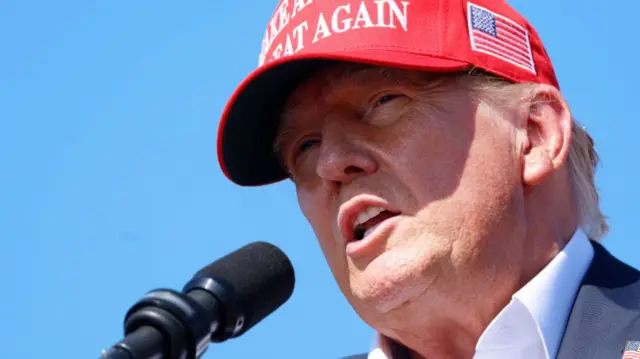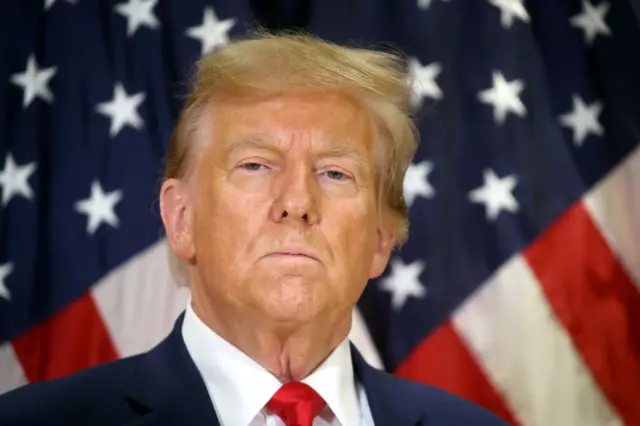What did other Supreme Court justices say?published at 16:36 BST 1 July 2024
Justice Clarence Thomas filed a concurring opinion.
Justice Thomas, who former President George H.W. Bush nominated in 1991, questioned the appointment of Jack Smith as special counsel.
In that role, Smith brought charges against Trump in Washington, DC.
"If there is no law establishing the office that the Special Counsel occupies, then he cannot proceed with this prosecution," Thomas wrote. "A private citizen cannot criminally prosecute anyone, let alone a former president."
Justice Amy Coney Barrett filed an opinion concurring in part.
Justice Coney Barrett, who Trump appointed in 2020 after the death of Justice Ruth Bader Ginsburg, wrote that while she agrees with the opinion, she would have framed the underlying legal issues differently.
"The Court describes the President’s constitutional protection from certain prosecutions as an 'immunity.' As I see it, that term is shorthand for two propositions: The President can challenge the constitutionality of a criminal statute as applied to official acts alleged in the indictment, and he can obtain interlocutory review of the trial court’s ruling," she wrote.
She called the president's constitutional protection from prosecution "narrow" and said the court leaves open the chance that the Constitution "forbids prosecuting the president for any official conduct".





